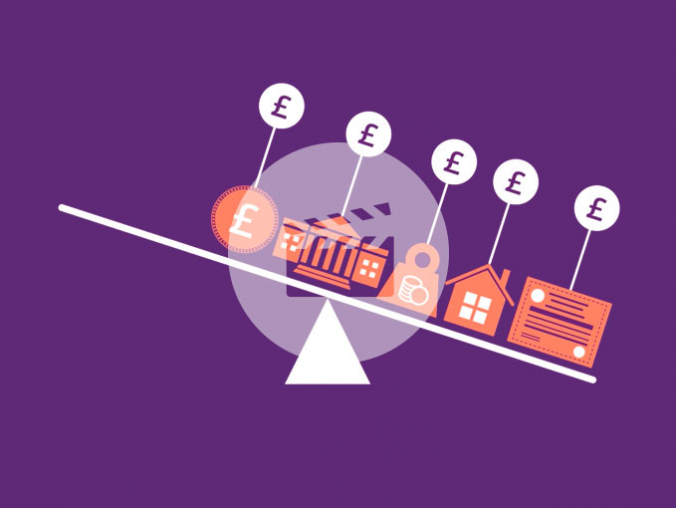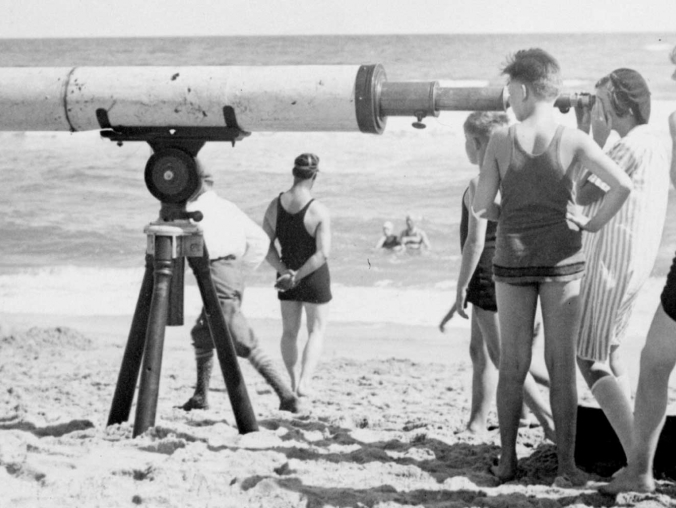

What help is there if you’re struggling financially?
Anyone can fall into financial difficulty, but government help is available if you’re entitled to it
In 2018, the charity Turn2us found that nearly half of households on low incomes weren’t claiming the benefits and tax credits to which they could be entitled. If you think you might be one of these households, check to see what support could be available.
Support with raising children
Only one parent can claim Child Benefit if looking after a child under 16 years, or if they’re under 20 but still in approved education or training. You could receive £20.70 for the first child, and £13.70 for each additional frequency. If your partner’s individual income is more than £50,000, you might have to pay tax on your benefit. However, higher earners wanting to protect their state pension credits may still want to claim. Find out if you’re eligible here.
Low income families, including those where the parents are unemployed, can claim Child Tax Credit for costs associated with raising a child. You can get up to £2,780 per child annually, but for children born on or after 6 April 2017, it will only be paid on the first two children in any family. Families who already receive Child Tax Credit for three or more children born before this date still receive the same amount of credit. You can keep claiming until 31 August after each child’s 16th birthday, or until their 20th birthday if they’re in eligible education or training. For more information visit GOV.UK.
Help with your rent
If you’re on a low income and have less than approximately £16,000 of savings, you can apply for Housing Benefit. The amount you receive depends on if you rent privately or from a council, your income, whether you have a spare bedroom, or share your home with children or someone who is disabled. If eligible, Housing Benefit can pay for part or all of your rent.
Reducing your council tax
Council tax is calculated based on the value of the property you live in, and the assumption that two adults use the property as their main home. Low income families may get a reduction of up to 100%. This is based on criteria set by local authorities and differs across the country, so check on your local authority’s website.
Living alone, or with someone who doesn’t count as a second resident, can provide you with a 25% single person’s discount. People who don’t count as a second resident include apprentices studying for a recognised qualification, anyone under 25 years in approved training, full-time students, student nurses, carers, and people who are severely mentally impaired.
Benefits for carers
If you’re caring for someone for at least 35 hours a week and they receive certain benefits, you may be entitled to a weekly £64.60 Carer’s Allowance. This allowance automatically gives you National Insurance credits, which count towards your state pension.
Assistance with unexpected costs
If your cooker or washing machine breaks down tomorrow, could you buy a new one? If you’ve been on income support, income-based Jobseeker’s Allowance, income-related Employment and Support Allowance, or Pension Credit, for six months or more, you could get a Budgeting Loan. You can borrow between £100 and £348 if single, up to £464 if you have a partner and up to £812 if you or your partner claim Child Benefit. The amount you can borrow depends on whether you can repay the loan, have savings, or already have a Budgeting or Crisis Loan.
You can find out more about the benefits and tax credits on offer by contacting your local job centre, Citizens Advice, or by filling in your details on the Turn2us benefits calculator.
More for you

Beating money blues
The beginning of the year is often spent reining in spending. Here are some useful tips to avoid letting debts get on top of you and your loved ones
MORE
Staying safe from Brexit scams
With confusion around Brexit giving fraudsters more opportunities to scam customers, knowing what to look out for can help you to protect your pension pot
MORE
Your Q1 2019 outlook
Trevor Greetham, Head of Multi Asset Investments at Royal London, explains how a turbulent few years across the world could impact your investments in Q1 2019
MORE


